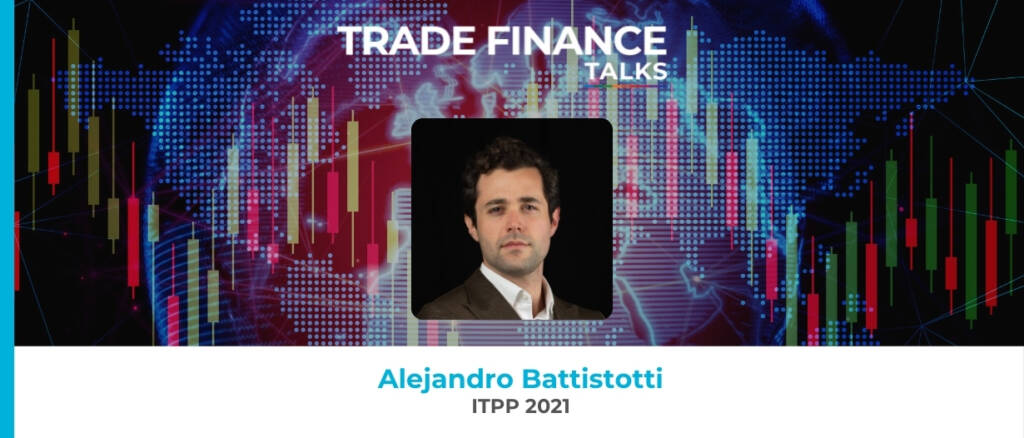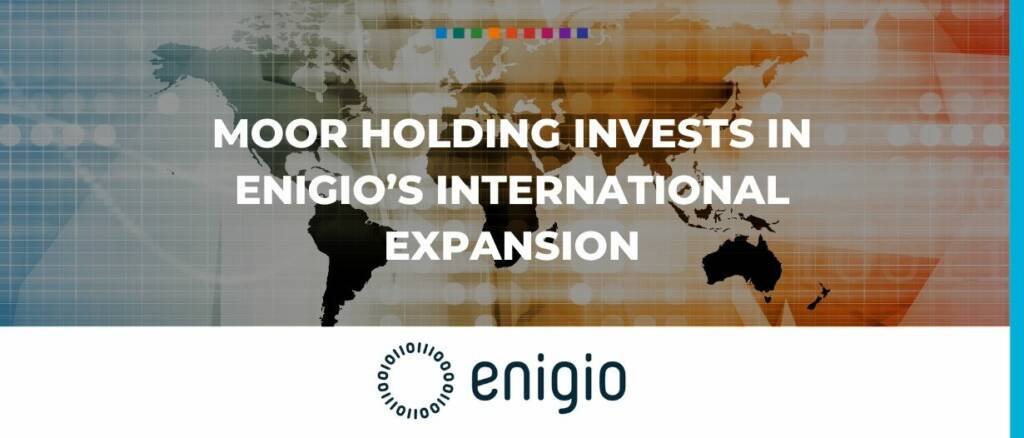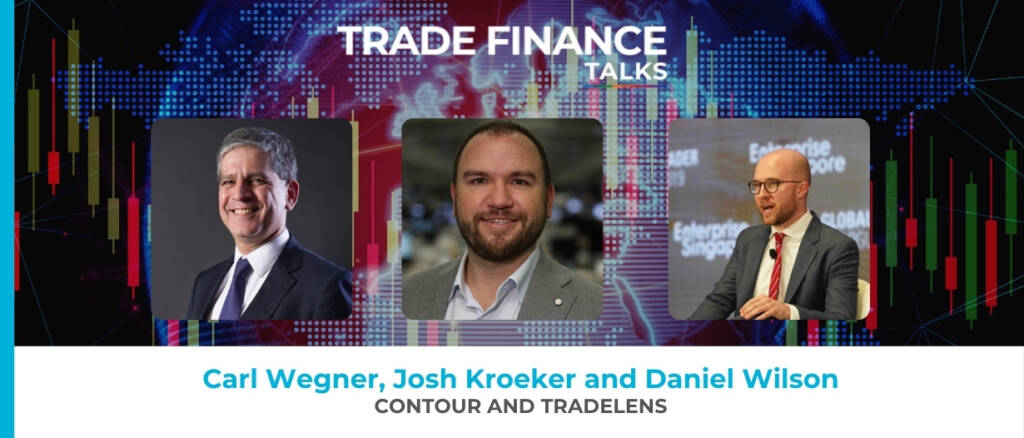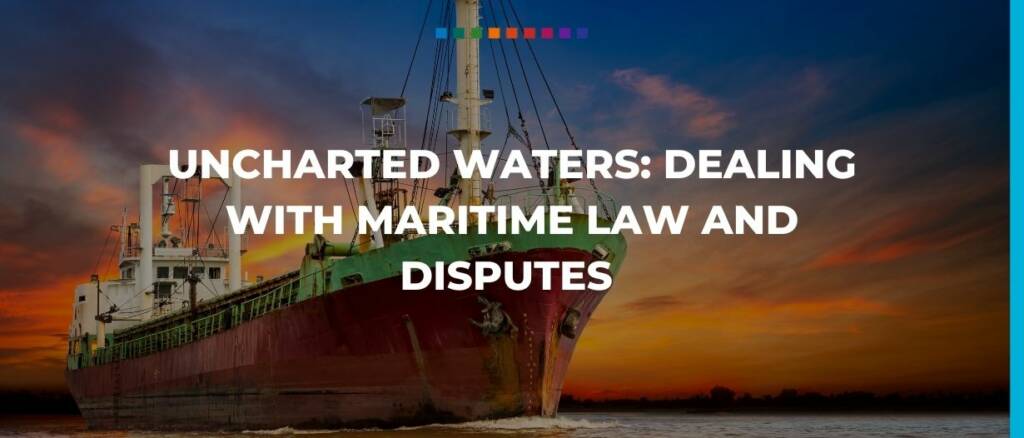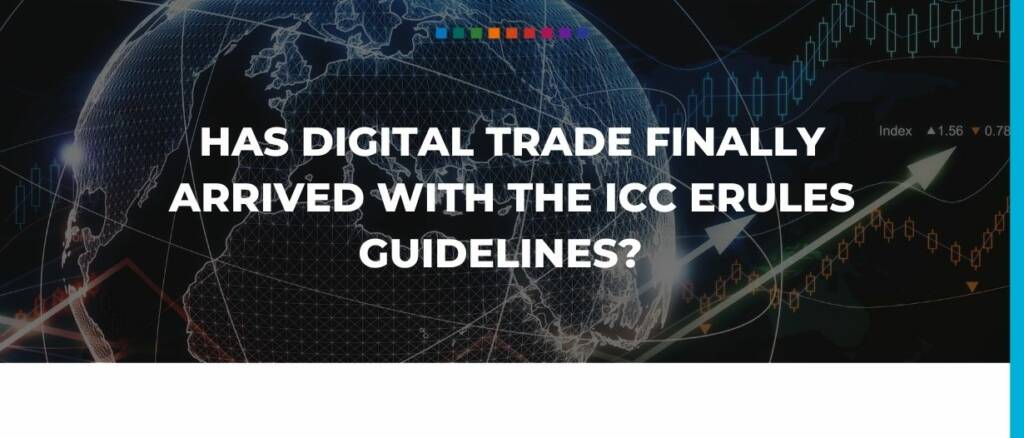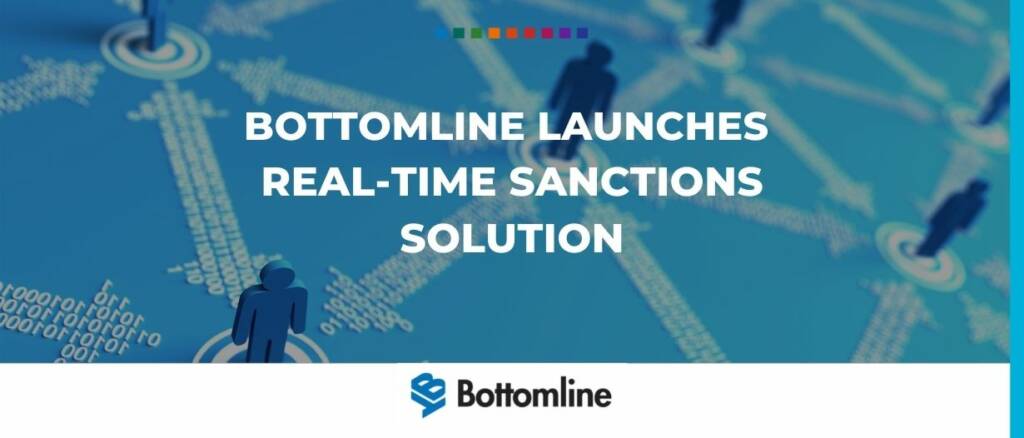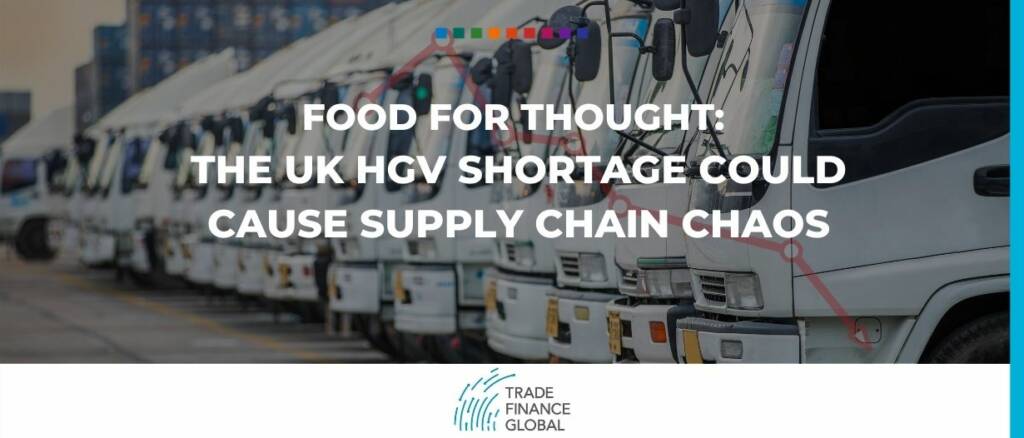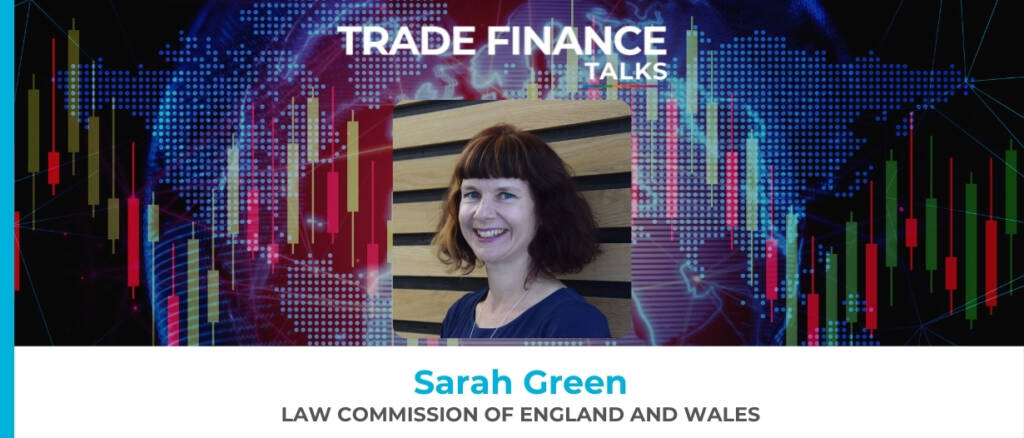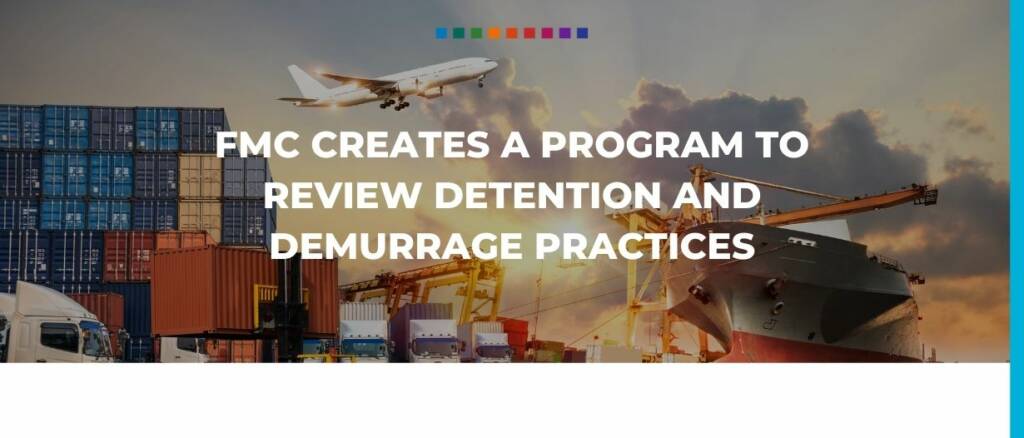New potential applications of blockchain technology through the lifecycle of the trade are in constant development. However, so much input and so much promise is detaching us from the most immediate and practical ways of adopting this technology in trade finance.
Enigio Time AB has raised EUR 2.7 million lead by MOOR Holding AB and followed on from current shareholders, including Stockhorn Capital AB. The investment includes an option for the… read more →
The need for trade digitization has never been more prevalent than it is today, especially with pandemic-induced restrictions emphasizing the inefficiency of paper-based trade. Our Editor, Deepesh Patel sat down with Contour’s CEO and Chief Product Officer, as well as TradeLens’ Head of Strategy and Operations, to discuss how fintech can come together to partner to solve these problems.
The District Export Council of San Diego and Imperial Valley (SDIDEC) has sponsored the first workspace for ICC eRules guidelines for digital trade transactions.
Maritime law or Admiralty law regulates commerce and navigation on the high seas and other navigable waters. Here is everything you need to know about maritime disputes.
Has digital trade finally arrived with the ICC eRules guidelines? John Dunlop explains how this might be true.
Bottomline launches sanctions solution that can drastically reduce false-positives, offers faster go-live and is less costly than many alternatives. Portsmouth, 11th August 2021 – Bottomline, a leading provider of financial… read more →
Brexit, which is one of the most discussed topics this year, other than the pandemic, has had yet another unexpected impact. With the increase in border control and the free movement of people being restricted, one sector was deeply impacted: the logistics sector.
In this episode of Trade Finance Talks, we discussed the realities of implementing the United Nations Model Law on Electronic Transferable Records into local markets – an incredibly important advancement in accepting electronic signatures.
The Federal Maritime Commission (FMC) has created a new program that aims to review the detention and demurrage practices of ocean carriers. This is an effort to ensure all relevant… read more →















